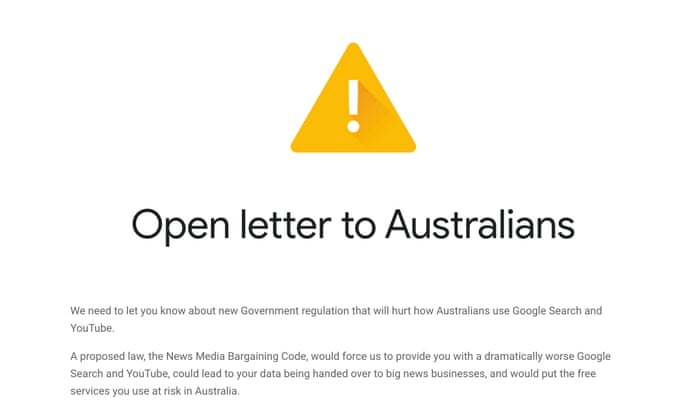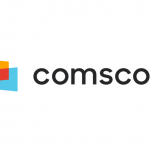Google has admitted that it has been intermittently blocking some Australian news sites from users as part of “experiments” the multinational giant has been running on searches for newspaper websites, reports The Age.
Prior to the admission, some Australian internet users reported local news sites missing from Google’s search results and that older content was being displayed instead.
“We’re currently running a few experiments that will each reach about 1 per cent of Google Search users in Australia to measure the impacts of news businesses and Google Search on each other,” a spokesman said, according to The Age. “The project would end early next month,” he added.
In December of last year, it was reported that the Australian government tabled a world-first media code during a parliament session. The proposed media code would force Google and Facebook to negotiate a fair payment with news organisations for using their content in its search and newsfeed respectively.
Google responded to this in an open letter to Australians, stating that the new proposed code contains misinformation.
“Last year, we let you know about a new Government law that would affect the way Australians use Google Search—and our efforts to make sure it doesn’t hurt the online services that you use every day,” the letter states. “Now, as that law — the News Media Bargaining Code — goes to a Senate Committee for its final review before Parliament votes, we want to give you an update on where things stand.”

The letter then goes on to claim that if the proposed code became a law, it would “break” the way Google Search functions and consequently damage internet benefits for millions of Australians.
“Most businesses welcome the fact that people can find them in search results—and if they don’t, they can choose not to be found,” the letter states. “But the Code would throw this system out overnight, forcing Google to pay “selected publishers” for those links.”
Facebook on the other hand has taken a slightly more aggressive approach and threatened to block Australians from sharing local and international news on its platforms (Facebook and Instagram), if the law were to pass.

According to Reuters, at the heart of the proposed code is a “two-way value exchange” to be used by an arbitrator to make a binding decision. This means both sides (digital giants and local media companies) will have to consider the value they receive from each other.
According to Australian Competition and Consumer Commission Chairman (ACCC) Rod Sims, the regulatory code was the best approach to ensure a level playing field, noting that competition laws around the world had failed to stop Facebook and Google gaining significant market power.
“This bargaining code is a journey, if we see market power elsewhere, we can add them to the code,” Rod told Reuters.
According to Parse.ly, a web analytics and content optimisation software for online publishers, Google and Facebook direct more than 80% of external traffic to various news sites, but most of the income goes to the internet platforms, not to content generators.
In addition, an ACCC inquiry found that for every A$100 of online advertising spend, $53 goes to Google, $28 to Facebook and A$19 to other media companies.
In November last year, after months of bargaining between Google, French publishers and news agencies over how to apply revamped EU copyright rules, which allow publishers to demand a fee from online platforms showing extracts of their news, Google signed copyright agreements with six French newspapers and magazines.
Other countries that have similar narratives buzzing around include the home of Google and Facebook, the USA. Although not much has been decided, the US is discussing a law which will allow news publishers to collectively bargain with tech platforms to receive appropriate fees for their news content.
Canadian newspapers are also asking the federal government to follow France and Australia in forcing these tech giant companies to pay to display their news content.
MARKETING Magazine is not responsible for the content of external sites.










